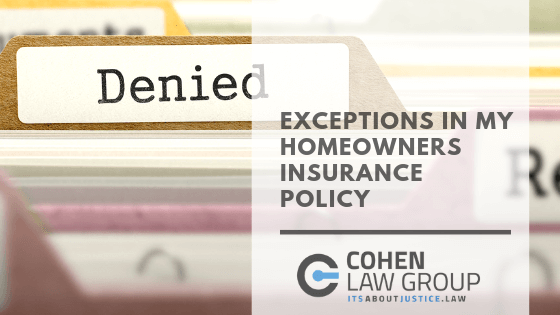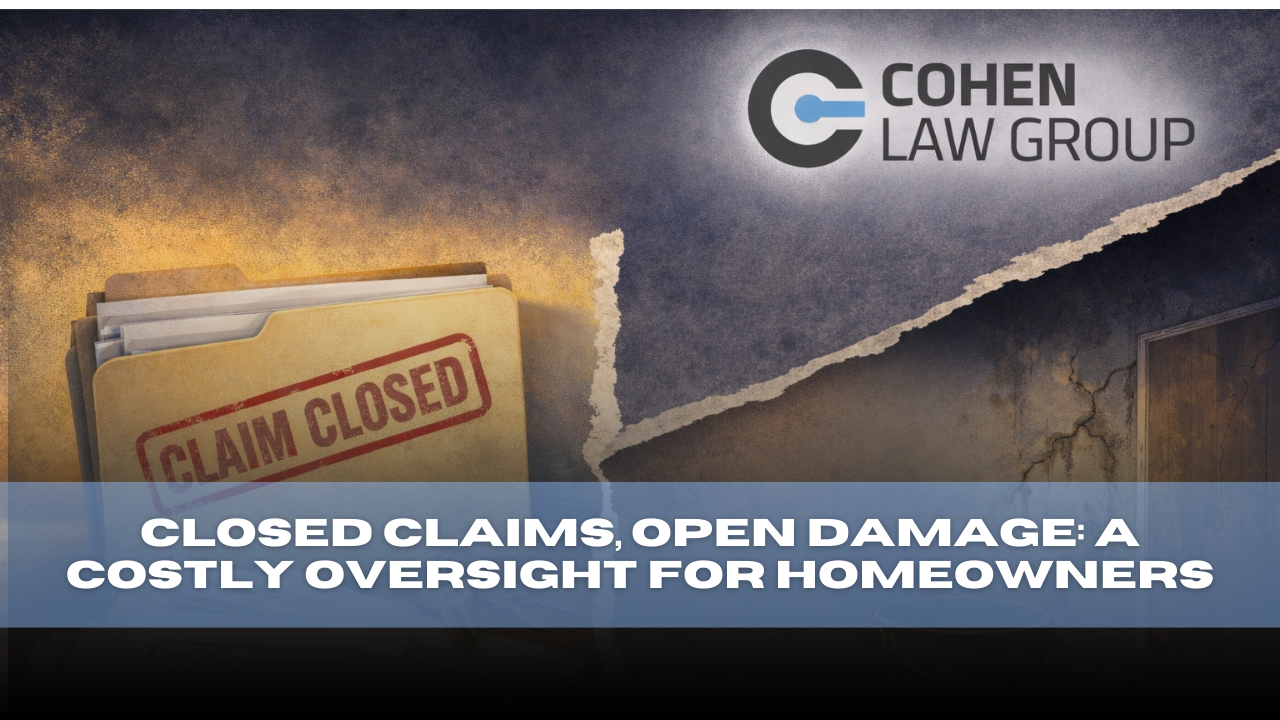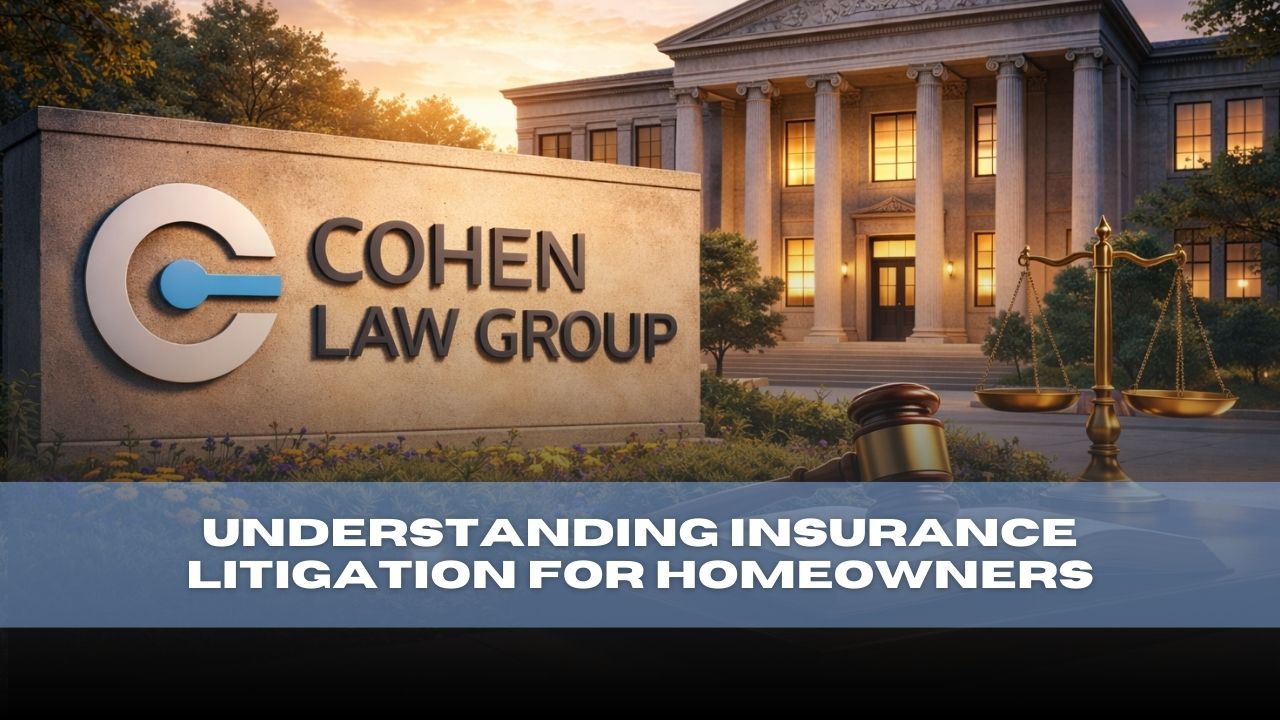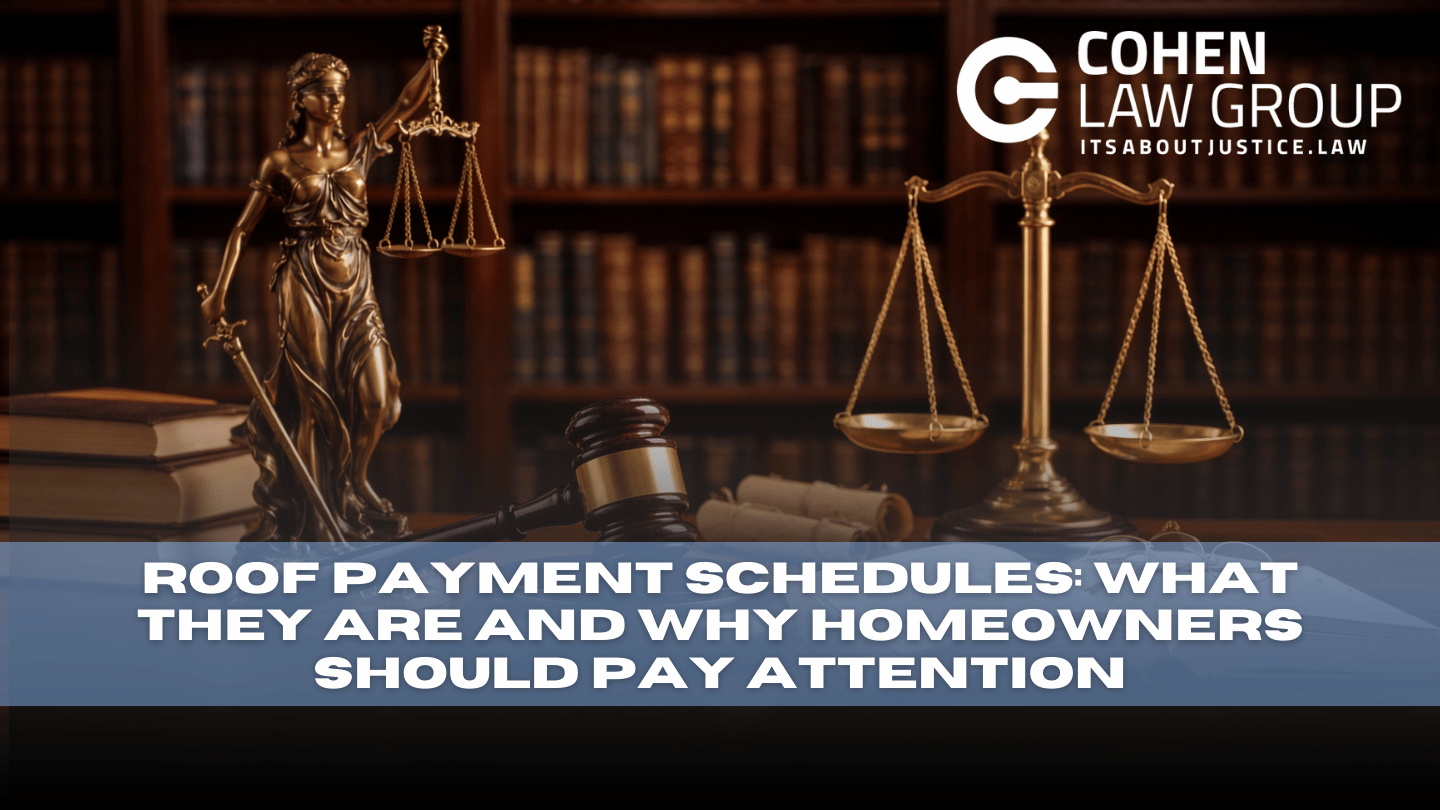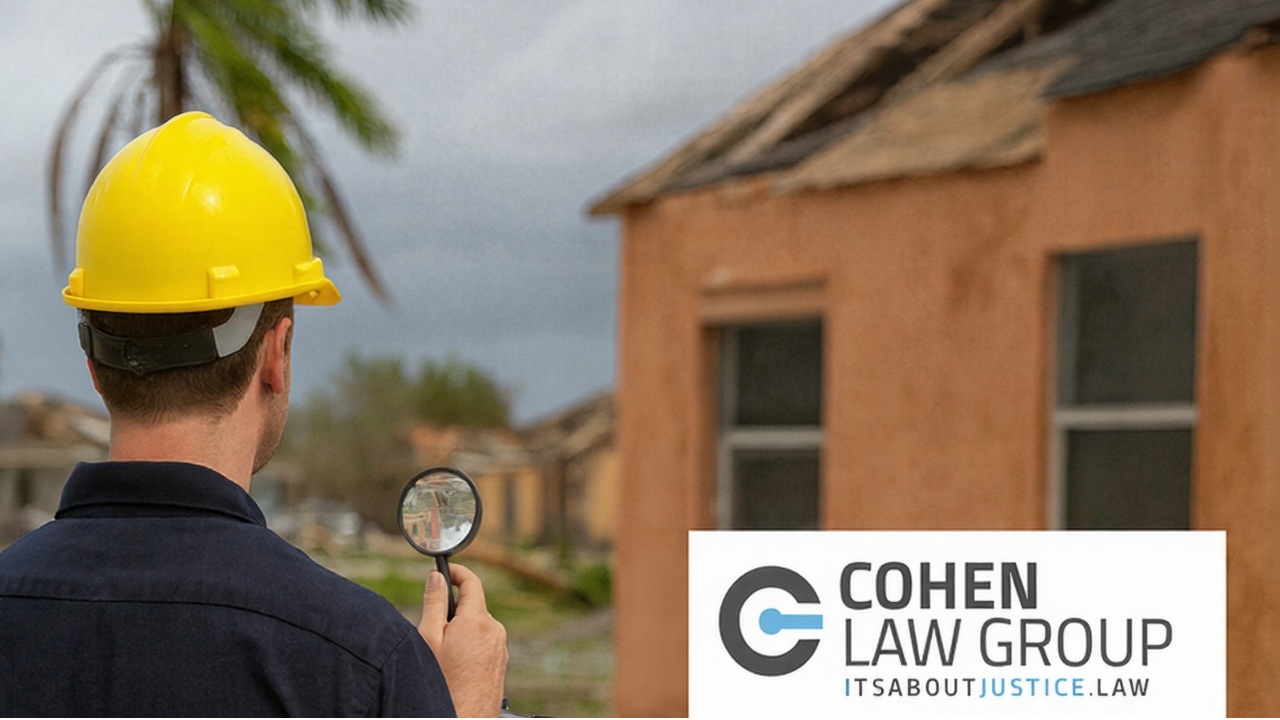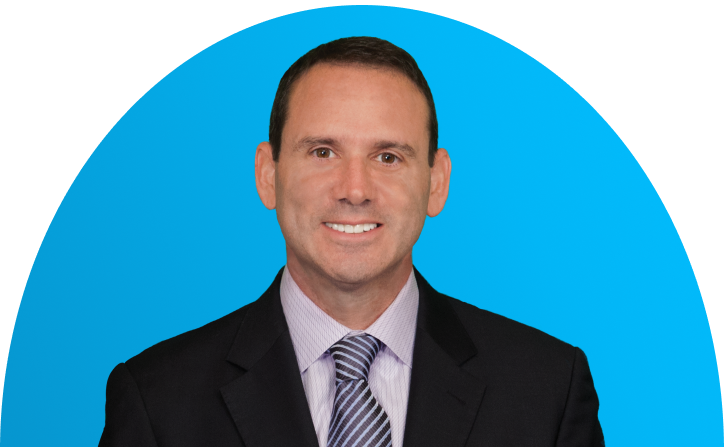Exceptions In My Homeowners Insurance Policy
Most Florida homeowners would agree that they keep paying insurance premiums on their home so that they are financially protected from accidental damage to what most consider their most valuable asset – their home.
Every year homeowners, including myself, pay thousands of dollars to ensure that this investment is protected in the event of sudden property damage resulting from an afternoon cloud burst, a state wide disaster like Hurricane Irma, a sudden pipe burst, burglary, vandalism, a fire, and on. How do we make sure that what we are paying for is actually protecting us?
Let’s Start With The Policy
An HO3 policy form is the standard Florida homeowners insurance policy and is referred to as such because of the designation that it was given by the Florida Office of Insurance Regulation. This policy provides the homeowner with financial protection against “all risks” of damage, unless specifically excepted or excluded by the policy.
Exceptions, Exclusions, and Examples
Understandably, exceptions and exclusions are areas of the greatest amount of debate, denial, and litigation through law suits filed by aggrieved homeowners. Unfortunately for homeowners, many carriers have taken steps to greatly limit the coverages that every homeowner in Florida should demand to have in their policy.
Law and Ordinance coverage is required by Florida law to be included in every policy of insurance unless it is expressly rejected in writing by the insured (1). This coverage:
a) Provides benefits to cover repairs that are required by the Florida Building Code and local building departments (it is important to note that there could be substantial costs for making a structure meet code to complete a repair).
b) Requires a full roof replacement in the event that 25% of any roof is damaged.
Progressive Insurance Company and American Strategic Insurance often offer waivers of Law and Ordinance coverage. Any minor savings obtained by a homeowner in waiving this coverage is far outweighed by the financial risk the homeowner is taking.
There is a reason why Florida law requires that every insurer offers Law and Ordinance coverage unless specifically waived by the insured in writing. Primarily it ensures that you have coverage for the increased cost of repairs to your home in the event that they are needed to bring your home into compliance with current Florida building codes.
Security First Insurance Company of Florida is a carrier which began offering small discounts to exclude any and all coverage for damages resulting from a sudden discharge of water from the plumbing – the most common and most serious threat to a home! Water damage can cost a homeowner thousands and thousands of dollars. Saving a few dollars a month to waive this coverage leaves a homeowner without the most important coverage provided by a homeowner’s policy.
Other carriers have included language that allows the carrier to avoid paying for losses that it says leaked for over 14 days, or due to “repeated leakage and seepage”, “wear and tear,” “faulty and improper of maintenance,” and “defective construction.”
Thankfully, the law interprets these exceptions and exclusions strictly, with any and all ambiguities, in favor of coverage. The decisions made by these interpretations highlight why many homeowners may not be equipped to deal with an insurance company on their own without the assistance of an attorney who focuses their law practice on handling insurance claims.
In Hicks v. American Integrity Insurance Company, the appellate court interpreted the “14 day leak exclusion” and found that a strict and literal interpretation of the policy expressly required the insurer to pay for damage resulting on day 1-13 (2).
This ruling gives a homeowner strong ammunition against an insurance company that hires an “engineer” to write a report that says that the leak occurred for 14 or more days as a reason to avoid the duty to pay benefits.
In Sebo v. American Home Assurance Company, Inc., the Florida Supreme Court held that the “concurrent cause doctrine” could allow recovery where a loss is caused by multiple causes of loss that interact with one another to result in damage to the property (3).
So, in circumstances where the insurance company claims that a roof has “wear and tear” and tries to minimize the damages caused by a storm, there may be a road to coverage for that loss.
Moreover, if the insurance company thought there was a problem with the age of a homeowner’s roof, why did they sell the homeowner insurance against a risk of damage and accept thousands of dollars for the coverage?
To Say The Least…
Property damage insurance claims have become overly difficult and complicated due to changes in the way that insurance companies have begun handling claims over the last ten years. There are no longer any easy claims.
It is now common for the insurance company to hire consultants or individuals to find a reason to deny or underpay your claim.
Policy language is not easily read and understood. There is an entire body of case law specifically dedicated to a multitude of legal issues surrounding application and interpretation of the form language used in your insurance policy.
In addition, there are two separate Florida statutory chapters dedicated to the subject and another that specifically requires good faith claims handling practices.
The Bottom Line
Don’t agree to a policy without knowing what exceptions or exclusions you’re agreeing to. If you need to file an insurance claim, your insurance company will have engineers, consultants, preferred vendor contractors, comparative estimators, independent adjusters, claim examiners, in-house attorneys, and any number of insurance defense attorneys at their disposal to delay and fight a homeowner’s claim.
As a result, it has become increasingly necessary for homeowners to seek out the assistance of an attorney who is familiar with the law, the policy language, and the tactics employed by insurance companies to avoid their duty of good faith claims handling and fair treatment of the insured.
If you have questions about your homeowners insurance policy or property damage, call us today.
COHEN LAW GROUP
References:
(1) Section 627.7011(2), Florida Statute
(2) Hicks v. American Integrity Insurance Company
(3) Sebo v. American Home Assurance Company, Inc.
DISCLAIMER: This website is for informational purposes only and does not provide legal advice. Please do not act or refrain from acting based on anything you read on this site. Using this site or communicating with Cohen Law Group through this site does not form an attorney/client relationship. This site is legal advertising. Please review the full disclaimer for more information by clicking here.

